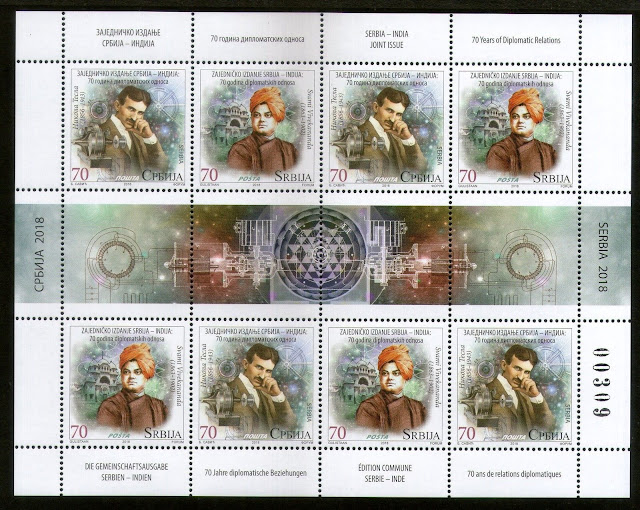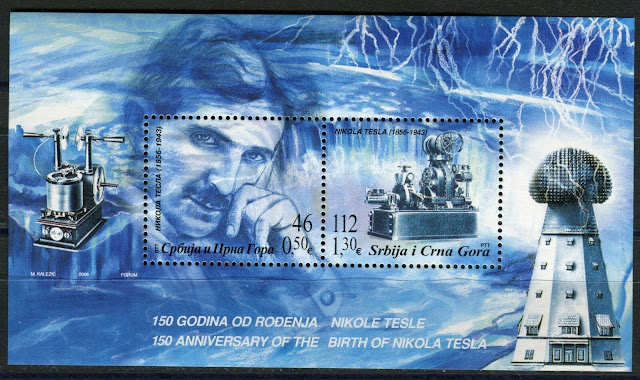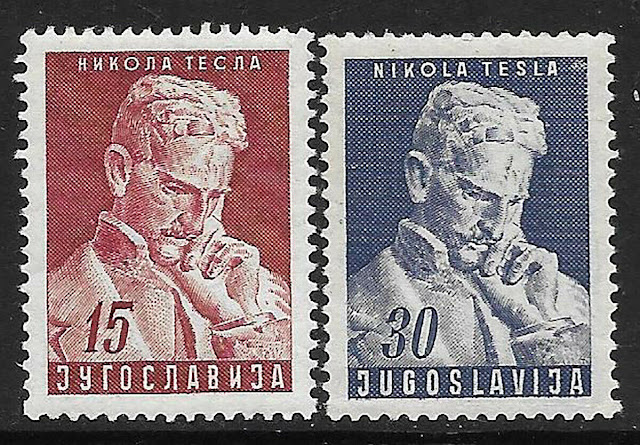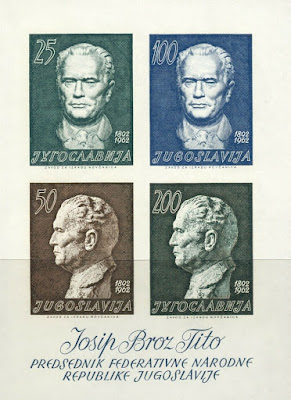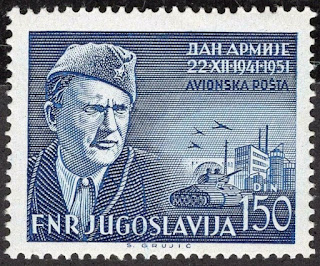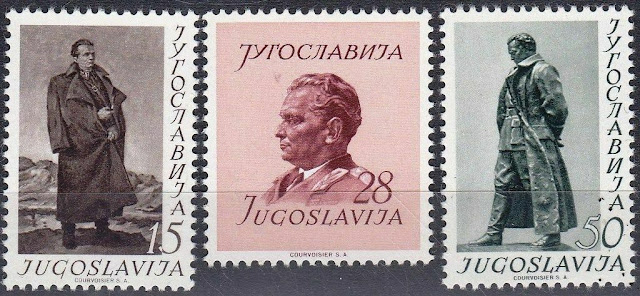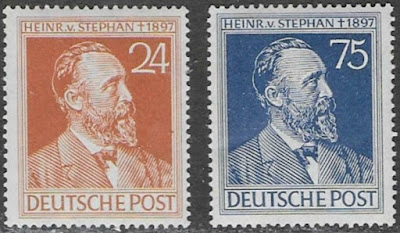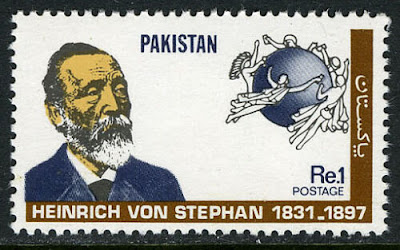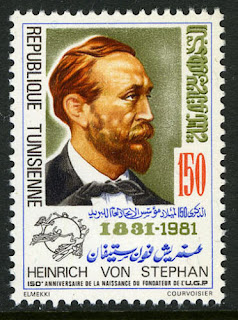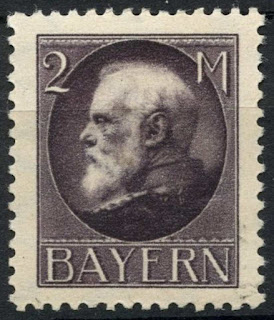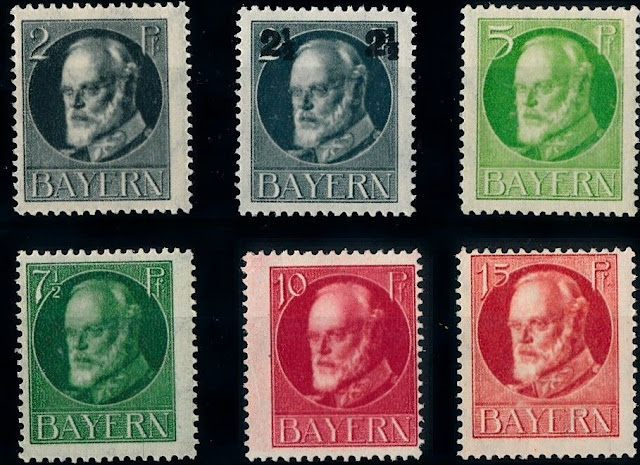Here are some events that happened on May 16th. It could be an event or a person that died or was born on that day
1763 Born: Louis Nicolas Vauquelin, French pharmacist and chemist (d. 1829)
Prof Louis Nicolas Vauquelin (16 May 1763 – 14 November 1829) was a French pharmacist and chemist. He was the discoverer of both chromium and beryllium.
Contributions to chemistry
At first his work appeared as that of his master and patron, then in their joint names; in 1790 he began to publish on his own, and between that year and 1833 his name is associated with 376 papers. Most of these were simple records of patient and laborious analytical operations, and it is perhaps surprising that among all the substances he analysed he only detected two new elements, beryllium in 1798 in beryl and chromium in 1797 in a red lead ore from Siberia. He also managed to get liquid ammonia at atmospheric pressure. Later with Fourcroy, he identified a metal in a platinum residue they called ‘ptène’, This name ‘ptene’ or ‘ptène’ was reported as an early synonym for osmium.
Either together or successively he held the offices of inspector of mines, professor at the School of Mines and at the Polytechnic School, assayer of gold and silver articles, professor of chemistry in the College de France and at the Jardin des Plantes, member of the Council of Industry and Commerce, commissioner on the pharmacy laws, and finally professor of chemistry to the Medical Faculty, to which he succeeded on Fourcroy's death in 1809. His lectures, which were supplemented with practical laboratory teaching, were attended by many chemists who subsequently attained distinction.
A lesser known contribution and finding of his included the study of hens fed a known amount of mineral. "Having calculated all the lime in oats fed to a hen, found still more in the shells of its eggs. Therefore, there is a creation of matter. In that way, no one knows."
Final achievements, days and legacy
From 1809 he was professor at the University of Paris. In 1816, he was elected a foreign member of the Royal Swedish Academy of Sciences. He was elected to the Chamber of Deputies in 1828. In 1806, working with asparagus, he and Pierre Jean Robiquet (future discoverer of the famous red dye alizarin, then a young chemist and his assistant) isolated the amino acid asparagine, the first one to be discovered. He also discovered pectin and malic acid in apples, and isolated camphoric acid and quinic acid. His death occurred while he was on a visit to his birthplace.
Among his best known works is "Manuel de l'essayeur" (Manual of the assayer).
The plant genus Vauquelinia is named in his honor, as is the Vauquelin, an egg white foam associated with molecular gastronomy, and the mineral vauquelinite, discovered at the same mine as the crocoite from which Vauquelin isolated chromium.
French stamp depicting Vauquelin
1888 – Nikola Tesla delivers a lecture describing the equipment which will allow efficient generation and use of alternating currents to transmit electric power over long distances.
Nikola Tesla (10 July 1856 – 7 January 1943) was a Serbian-American inventor, electrical engineer, mechanical engineer, and futurist who is best known for his contributions to the design of the modern alternating current (AC) electricity supply system.
Born and raised in the Austrian Empire, Tesla received an advanced education in engineering and physics in the 1870s and gained practical experience in the early 1880s working in telephony and at Continental Edison in the new electric power industry. He emigrated in 1884 to the United States, where he would become a naturalized citizen. He worked for a short time at the Edison Machine Works in New York City before he struck out on his own. With the help of partners to finance and market his ideas, Tesla set up laboratories and companies in New York to develop a range of electrical and mechanical devices. His alternating current (AC) induction motor and related polyphase AC patents, licensed by Westinghouse Electric in 1888, earned him a considerable amount of money and became the cornerstone of the polyphase system which that company would eventually market.
Here are some stamps from Yugoslavia, Moldova, Serbia, Serbia and Montenegro, and India depicting Nikola Tesla
1953 Died: Django Reinhardt, Belgian guitarist and composer (b. 1910)
Jean Reinhardt (23 January 1910 – 16 May 1953), known to all by his Romani nickname Django, was a Belgian-born Romani-French jazz guitarist and composer. He was the first major jazz talent to emerge from Europe and remains the most significant.
With violinist Stéphane Grappelli, Reinhardt formed the Paris-based Quintette du Hot Club de France in 1934. The group was among the first to play jazz that featured the guitar as a lead instrument. Reinhardt recorded in France with many visiting American musicians, including Coleman Hawkins and Benny Carter, and briefly toured the United States with Duke Ellington's orchestra in 1946. He died suddenly of a stroke at the age of 43.
Reinhardt's most popular compositions have become standards within gypsy jazz, including "Minor Swing", "Daphne", "Belleville", "Djangology", "Swing '42", and "Nuages". Jazz guitarist Frank Vignola claims that nearly every major popular-music guitarist in the world has been influenced by Reinhardt. Over the last few decades, annual Django festivals have been held throughout Europe and the U.S., and a biography has been written about his life. In February 2017, the Berlin International Film Festival held the world premiere of the French film Django.
Stamps from Franc and Belgium depicting Django Reinhardt
1974 – Josip Broz Tito is elected president for life of Yugoslavia.
Josip Broz (7 May 1892 – 4 May 1980), commonly known as Tito, was a Yugoslav communist revolutionary and statesman, serving in various roles from 1943 until his death in 1980. During World War II, he was the leader of the Partisans, often regarded as the most effective resistance movement in occupied Europe. While his presidency has been criticized as authoritarian and concerns about the repression of political opponents have been raised, Tito has traditionally been seen as a benevolent dictator.
He was a popular public figure both in Yugoslavia and abroad. Viewed as a unifying symbol, his internal policies maintained the peaceful coexistence of the nations of the Yugoslav federation. He gained further international attention as the chief leader of the Non-Aligned Movement, alongside Jawaharlal Nehru of India, Gamal Abdel Nasser of Egypt, and Kwame Nkrumah of Ghana.
Broz was born to a Croat father and Slovene mother in the village of Kumrovec, Austria-Hungary (now in Croatia). Drafted into military service, he distinguished himself, becoming the youngest sergeant major in the Austro-Hungarian Army of that time. After being seriously wounded and captured by the Imperial Russians during World War I, he was sent to a work camp in the Ural Mountains. He participated in some events of the Russian Revolution in 1917 and subsequent Civil War.
Upon his return to the Balkans in 1918, Broz entered the newly established Kingdom of Yugoslavia, where he joined the Communist Party of Yugoslavia (KPJ). He later was elected as General Secretary (later Chairman of the Presidium) of the League of Communists of Yugoslavia (1939–1980). During World War II, after the Nazi invasion of the area, he led the Yugoslav guerrilla movement, the Partisans (1941–1945).
After the war, he was selected as Prime Minister (1944–1963), and President (later President for Life) (1953–1980) of the Socialist Federal Republic of Yugoslavia (SFRY). From 1943 to his death in 1980, Tito held the rank of Marshal of Yugoslavia, serving as the supreme commander of the Yugoslav military, the Yugoslav People's Army (JNA). With a highly favourable reputation abroad in both Cold War blocs, he received some 98 foreign decorations, including the Legion of Honour and the Order of the Bath.
Tito was the chief architect of the second Yugoslavia, a socialist federation that lasted from November 1943 until April 1992. Despite being one of the founders of Cominform, he became the first Cominform member to defy Soviet hegemony in 1948. He was the only leader in Joseph Stalin's time to leave Cominform and begin with his country's own socialist program, which contained elements of market socialism. Economists active in the former Yugoslavia, including Czech-born Jaroslav Vanek and Yugoslav-born Branko Horvat, promoted a model of market socialism that was dubbed the Illyrian model. Firms were socially owned by their employees and structured on workers' self-management; they competed in open and free markets.
Tito built a very powerful cult of personality around himself, which was maintained by the League of Communists of Yugoslavia after his death.
Tito managed to keep ethnic tensions under control by delegating as much power as possible to each republic. The 1974 Yugoslav Constitution defined SFR Yugoslavia as a "federal republic of equal nations and nationalities, freely united on the principle of brotherhood and unity in achieving specific and common interest." Each republic was also given the right to self-determination and secession if done through legal channels. Lastly, Kosovo and Vojvodina, the two constituent provinces of Serbia, received substantially increased autonomy, including de facto veto power in the Serbian parliament.
Ten years after his death, Communism collapsed in Eastern Europe, and Yugoslavia descended into civil war.
Stamps from Yugoslavia depicting Tito




